Sudden cardiac arrest (SCA) can strike without warning, affecting individuals across all demographics. In such emergencies, immediate access to an Automated External Defibrillator (AED) and someone trained to use it can mean the difference between life and death. The UAE is increasingly prioritizing not only the installation of AEDs in workplaces and public spaces but also ensuring that key individuals—including school teachers, coaches, business employees, healthcare workers, and nursing home staff—are properly trained. This article explores AED regulations in the UAE, the importance of widespread AED training, and best practices for successful AED implementation.
Understanding UAE AED Regulations
While there is no federal law in the UAE requiring AEDs in all workplaces, health authorities like the Dubai Health Authority (DHA) and the Ministry of Health and Prevention (MOHAP) actively encourage their installation. AEDs are especially recommended in places where people gather in large numbers, such as:
- Schools.
- Sports facilities.
- Hospitals.
Employers are also encouraged to invest in First Aid and AED training for staff to improve emergency preparedness. This initiative aligns with global best practices aimed at increasing survival rates during sudden cardiac arrests. By expanding AED availability and training, the UAE is taking proactive steps to improve emergency medical responses and strengthen public health measures.
The Essential Role of AED Training
Simply installing AEDs is not enough. Effective use requires that people are properly trained to act quickly and confidently. AED training equips individuals to respond not only in their workplaces but anywhere an emergency occurs, fostering a safer, more prepared community. Here’s why AED training is crucial for various groups:
- School Teachers and Staff: Even young children can suffer from cardiac emergencies due to undiagnosed conditions. Teachers trained to use AEDs can provide immediate, life-saving interventions until emergency responders arrive.
- Coaches and Athletic Personnel: Intense physical activity increases the risk of sudden cardiac events. Coaches trained in AED use can act swiftly, improving the chances of survival for athletes experiencing cardiac arrest.
- Business Employees: Cardiac emergencies can happen at any time, including at work. Employees trained in AED use can offer immediate assistance to colleagues or clients, creating a safer and more responsive workplace.
- Healthcare Workers and Nursing Home Staff: Even in clinical environments, timely intervention is essential. Training ensures that staff can act during the critical moments before advanced medical care becomes available.
Through AED training, individuals become empowered first responders, capable of taking life-saving actions when every second counts. This level of preparedness extends beyond specific workplaces, fostering a culture of safety throughout the community.
Best Practices for Implementing AEDs and Training Programs
While the presence of AEDs and training programs improves safety, following best practices ensures maximum effectiveness. Consider these guidelines to enhance your AED initiative:
- Tailor Training to the Audience: adapt the training to fit the needs of your environment, whether it’s a school, sports facility, office, or healthcare institution. Specific scenarios should be covered to ensure relevance.
- Promote Inclusive Participation: encourage participation across all roles and levels within your organization. The more people trained, the greater the likelihood of a timely, effective response during emergencies.
- Integrate Training into Onboarding Processes: Include AED and CPR training as part of new employee orientation or student onboarding programs, establishing a baseline level of preparedness from the start.
- Conduct Simulations and Drills: Regular drills help individuals retain their skills and reveal any gaps in emergency response protocols. Practice scenarios build confidence and improve reaction times.
- Stay Current with Guidelines: Emergency protocols evolve over time. Stay informed about the latest AED guidelines and update training materials regularly to reflect best practices from recognized health organizations.
Partner with Blueguard for AED Solutions and Training
AED training turns ordinary individuals into life-saving responders, making workplaces, schools, sports facilities, and healthcare settings significantly safer. Whether it’s a teacher protecting students, a coach safeguarding athletes, or an employee assisting a colleague, AED readiness ensures quick and effective interventions during emergencies.
At Blueguard Middle East, our Emergency First Aid at work course equips your team with critical skills aligned with UAE regulations. Discover how our tailored solutions can help create a safer environment for everyone. Together, we’ll build a community that values preparedness and care.
